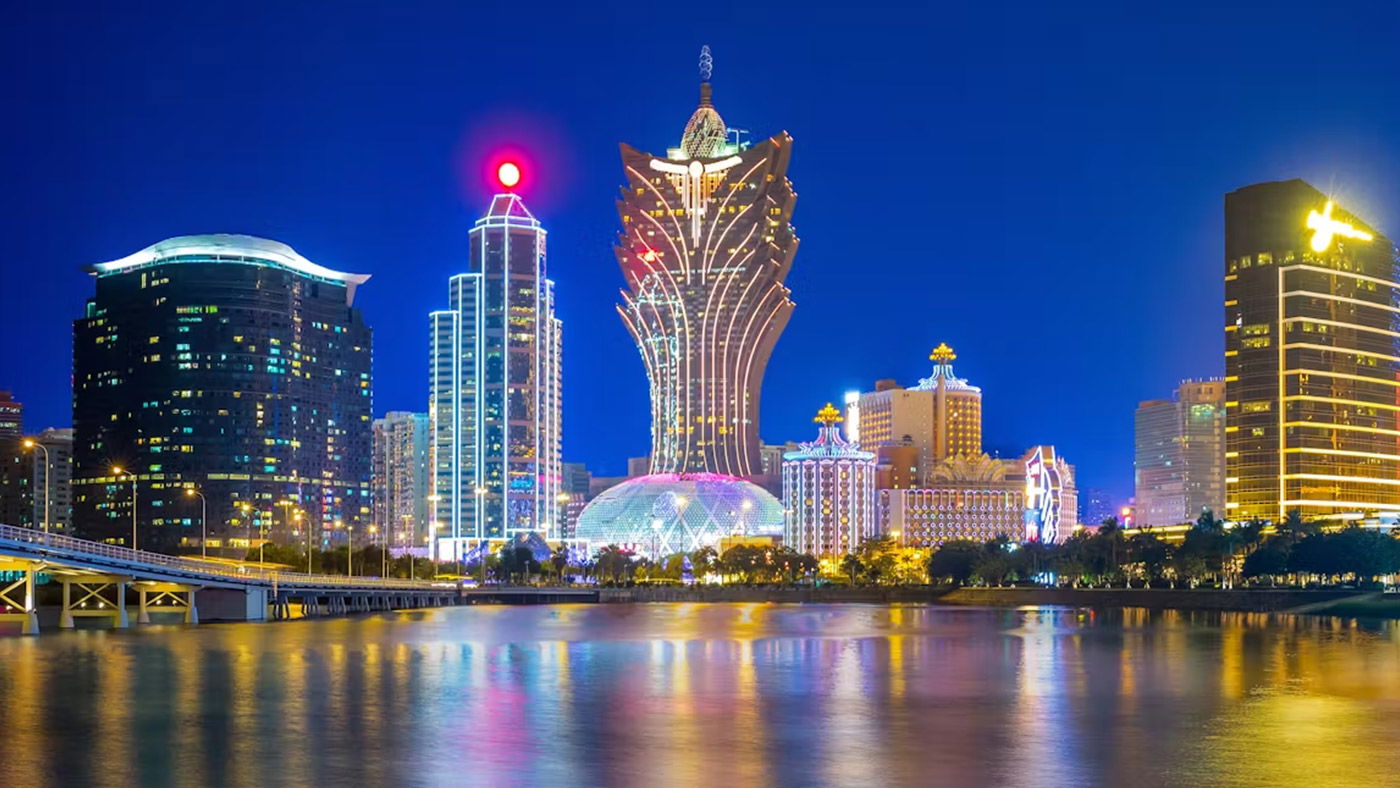Macau risks budget deficit if gaming revenue falters, says city leader

Macau could face a budget deficit if monthly casino revenue slips below MOP15 billion ($1.88 billion), the city’s Chief Executive Sam Hou Fai warned on Tuesday, following weaker-than-expected first-quarter results in the world’s largest gambling hub.
“If subsequent gaming revenues still do not meet the target, the Government will face a budget deficit,” Sam said during a session with local legislators, according to an official statement.
Macau, a former Portuguese colony returned to China in 1999, is the only place in the country where gambling in casinos is legal. The industry contributes about 80% of the local government's tax revenue, with this heavy reliance on casino taxes leaving its public finances vulnerable.
“The imbalance in our fiscal structure is serious and we must maintain a strong sense of crisis awareness," added Sam. "Macau is a small city, yet our regular expenditure is substantial and it will continue to grow unless we face up to extreme circumstances."
First-quarter gross gaming revenue rose 0.6% year-on-year to MOP57.7 billion ($7.22 billion), or MOP19.2 billion ($2.41 billion ) per month — short of the government's full-year target of MOP240 billion ($30 billion) or MOP20 billion monthly.
Analysts warn that headwinds from global and Chinese economic slowdowns could weigh further on Macau’s revenue. DS Kim, an analyst at JP Morgan in Hong Kong, cited the risk of “second-order impacts” from declining demand in Guangdong province — China’s biggest export hub — and a weakening yuan.
He now forecasts a worst-case 10% decline in gaming revenue this year, reversing earlier expectations for low single-digit growth.
Authorities in both Beijing and Macau have urged the city’s six licensed casino operators — Sands China, Wynn Macau, SJM Holdings, MGM China, Galaxy Entertainment and Melco Resorts — to diversify their income sources beyond gaming in an effort to build long-term financial resilience.
















































